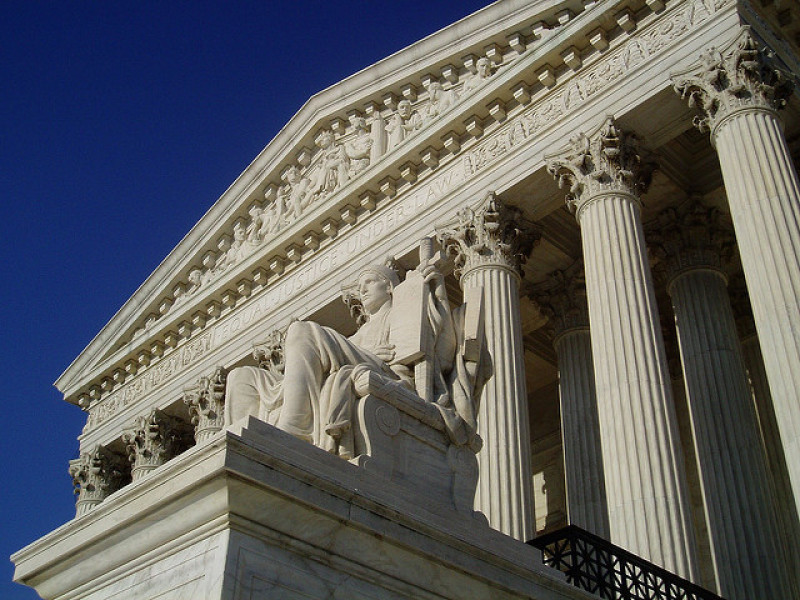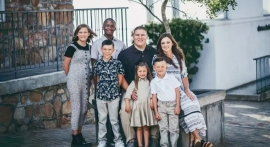
The U.S. Supreme Court has announced on Monday that it would hear a case involving a Colorado Christian baker who declined to bake a wedding cake for a same-sex couple, one which many argue may lead to implications for businesses across the country.
The case began when Jack Phillips, the owner of Masterpiece Cakeshop, had declined to bake a custom wedding cake for customers Charlie Craig and David Mullins in July of 2012. The couple then proceeded to file a complaint with the Colorado Civil Rights Commission, which ruled that Phillips' actions were discriminatory.
After the Colorado Court of Appeals agreed with the Civil Rights Commission, and the state Supreme Court refused to hear the case, the Alliance Defending Freedom submitted a petition on behalf of Phillips to the U.S. Supreme Court.
Phillips' case shares similarities with several others that have been considered in lower courts across the country. Barronelle Stutzman, a florist in Washington state, declined to provide floral arrangements for a same-sex couple's wedding, an act which the Washington Supreme Court decided in February was discriminatory. Meanwhile, a Kentucky appeals court ruled in May that Blaine Adamson was not discriminating when he declined to print shirts that promoted a gay pride event.
The business owners have similarly said that while they are happy to serve customers who identify as LGBT, they cannot participate in an act or event that they believe violates their religious conscience.
Phillips "declines lucrative business by not creating goods that contain alcohol or cakes celebrating Halloween and other messages his faith prohibits, such as racism, atheism, and any marriage not between one man and one woman," his lawyers wrote in a brief to the Supreme Court.
Adamson similarly had said that he also declines to print shirts for other customers based on the messages they wish to print. For instance, he refused to print messages that were violent or sexually explicit.
"I will work with any person, no matter who they are, no matter what their belief system are. But when they present a message that conflicts with my religious beliefs, that's not something that I can print," Adamson told Fox News. "That's the line for me."
Meanwhile, Erwin Chemerinsky, the dean of the School of Law at the University of California, Irvine, argues that when a customer requests a certain message for a cake, photograph, or T-shirt, for instance, the one engaging in speech is not the service provider, but the customer.
"If I choose the words on my cake, I'm engaging in expression. The baker is simply putting my words on a cake," Chemerinsky told Fox News.
The case, Masterpiece Cakeshop v. Colorado Civil Rights Commission, will be heard next term, but the Supreme Court has not yet announced a date. The earliest it could be heard is the upcoming fall.
















